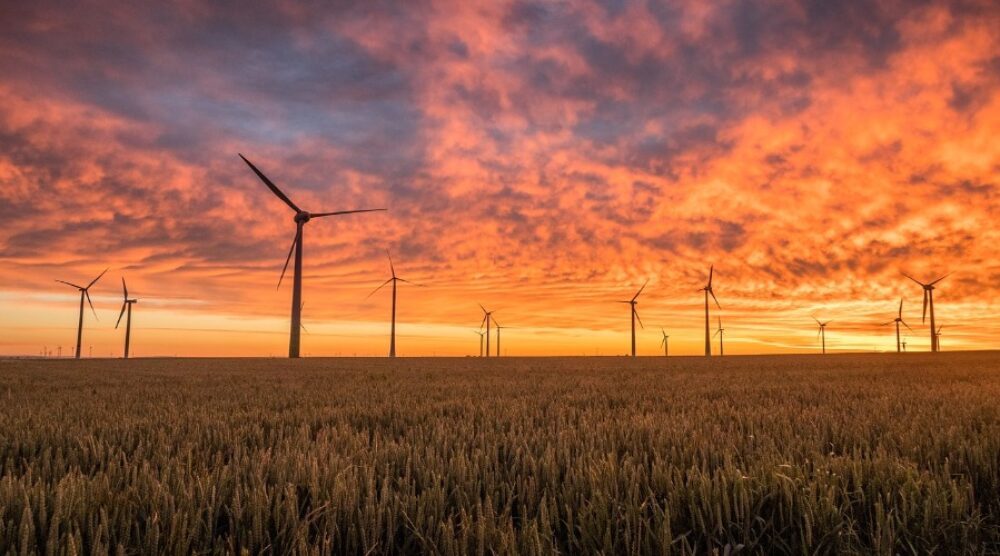In this article, Wesley Morgan concludes that the pressures of climate change will see economies transform to suit a post-carbon future, which will precipitate a shift in industrial bases and markets, changing the character of global competition.
Key trends
1 Economics: Major powers are shifting toward a post-carbon future
In the longer run of history, the 2015 Paris Agreement will be seen as a key moment, precipitating a global shift in investment, and prompting governments to develop industrial policies for green technologies. The product of incremental negotiations at the United Nations (UN), the Paris Agreement provides a framework for states to cooperate to transform their economies by 2050. Under the agreement, governments must pledge new targets to reduce carbon emissions every five years. Political pressure to meet commitments will only grow, as younger generations demand action and as countries reducing their emissions sanction others not doing their share.
Major powers are already reshaping their economies and integrating climate goals into traditional statecraft and foreign policy. The European Union for example has announced a Green Deal, a multi-trillion-dollar plan to cut emissions in half by 2030, and to achieve a carbon-neutral economy by 2050. The EU is also integrating climate goals into trade policy. At the 2020 World Economic Forum for example European Commission president Ursula von der Leyen pressed China to put a domestic price on carbon, or face a carbon tax in the lucrative European market. The EU wants trade deals, including a proposed deal with Australia, to include Paris Agreement commitments. The UK, the first major economy to legislate a net-zero emissions 2050 target, will host UN climate negotiations in 2021. This will be a key moment, with all states expected to pledge stronger Paris Agreement targets.
In the United States, things will change quickly if the Democrats win the White House in the November 2020 elections. Their candidate, Joe Biden, has announced a two-trillion-dollar plan to put the US economy on track for net-zero emissions by 2050, and has promised to host a summit of major economies in his first 100 days of office to galvanise global climate action. Under a Biden administration, the global goal of net-zero emissions would become a guide-star of US foreign policy. Biden says he would take ‘strong measures’ to ensure other states can’t undercut the US as it meets its own commitments, including by imposing a carbon border tax, and that trade agreements would be conditional on countries meeting their Paris targets. A Biden administration would also rally countries to pressure China – the world’s largest carbon emitter – to move away from coal-fired power and to stop financing fossil fuel projects through its Belt and Road Initiative. It would be a major setback for climate efforts if Trump were to win a second term. However, senior Republicans also see climate becoming central to US foreign policy. Former Republican Secretaries of State, James Baker and George Schultz, argue the US should forge a US-led climate alliance (working closely with the EU) to become a global front-runner in clean energy technologies and to cement a collective advantage over carbon-intensive competitors.
Please click here to read the full “A competitive post-carbon world” article published by the National Security College Futures Hub, written by Griffith Asia Institute Adjunct Research Fellow, Dr Wesley Morgan.








